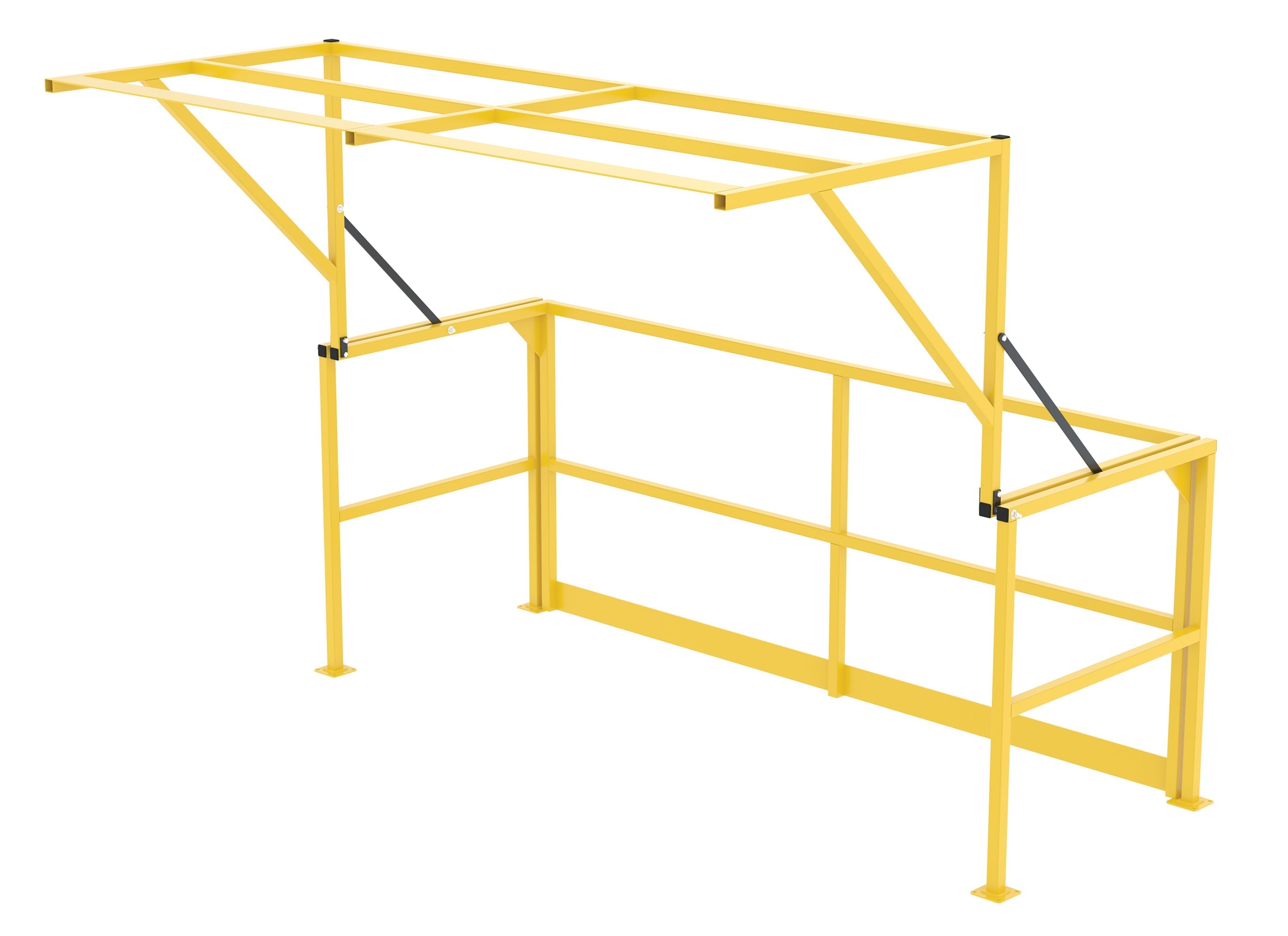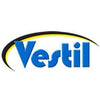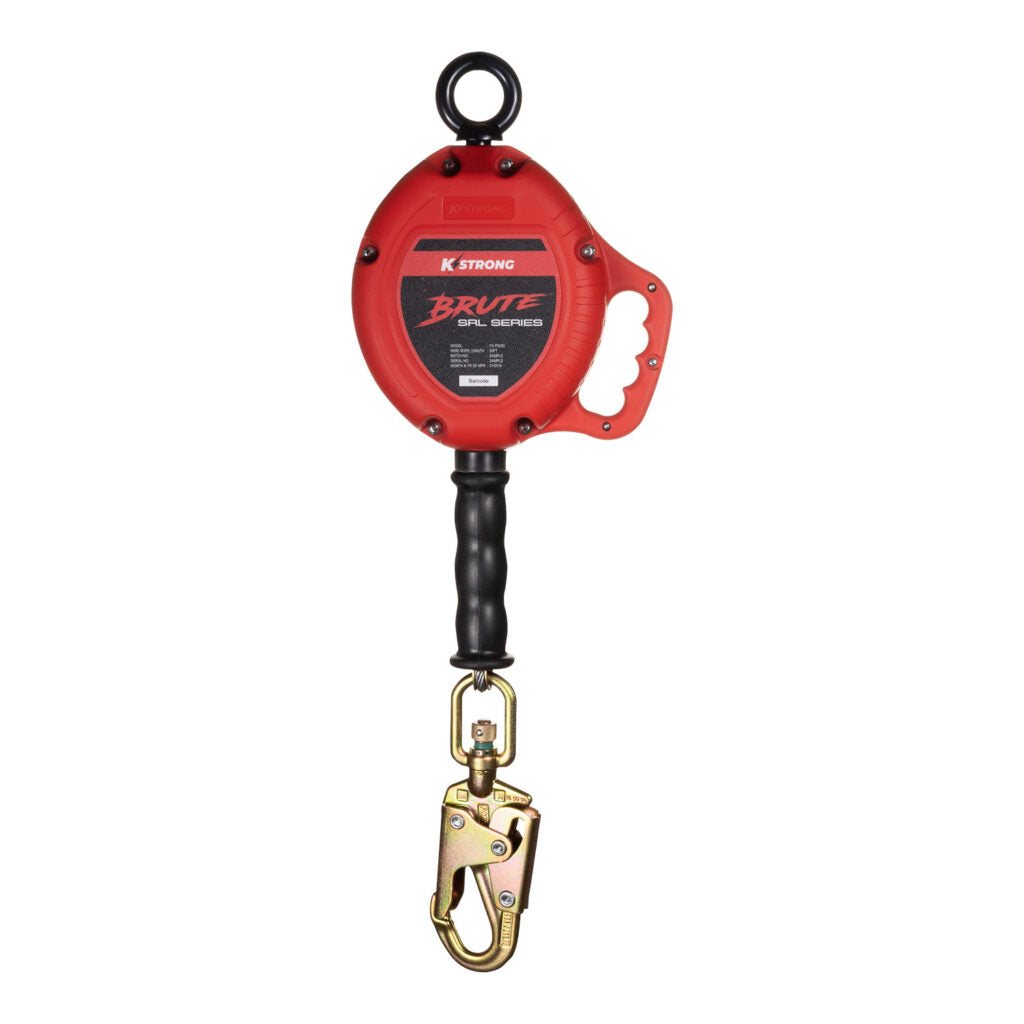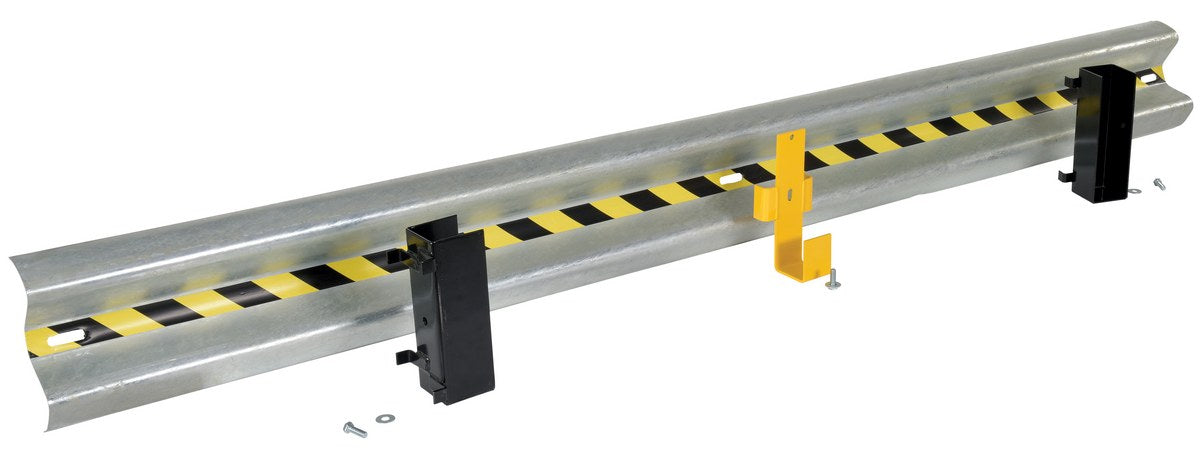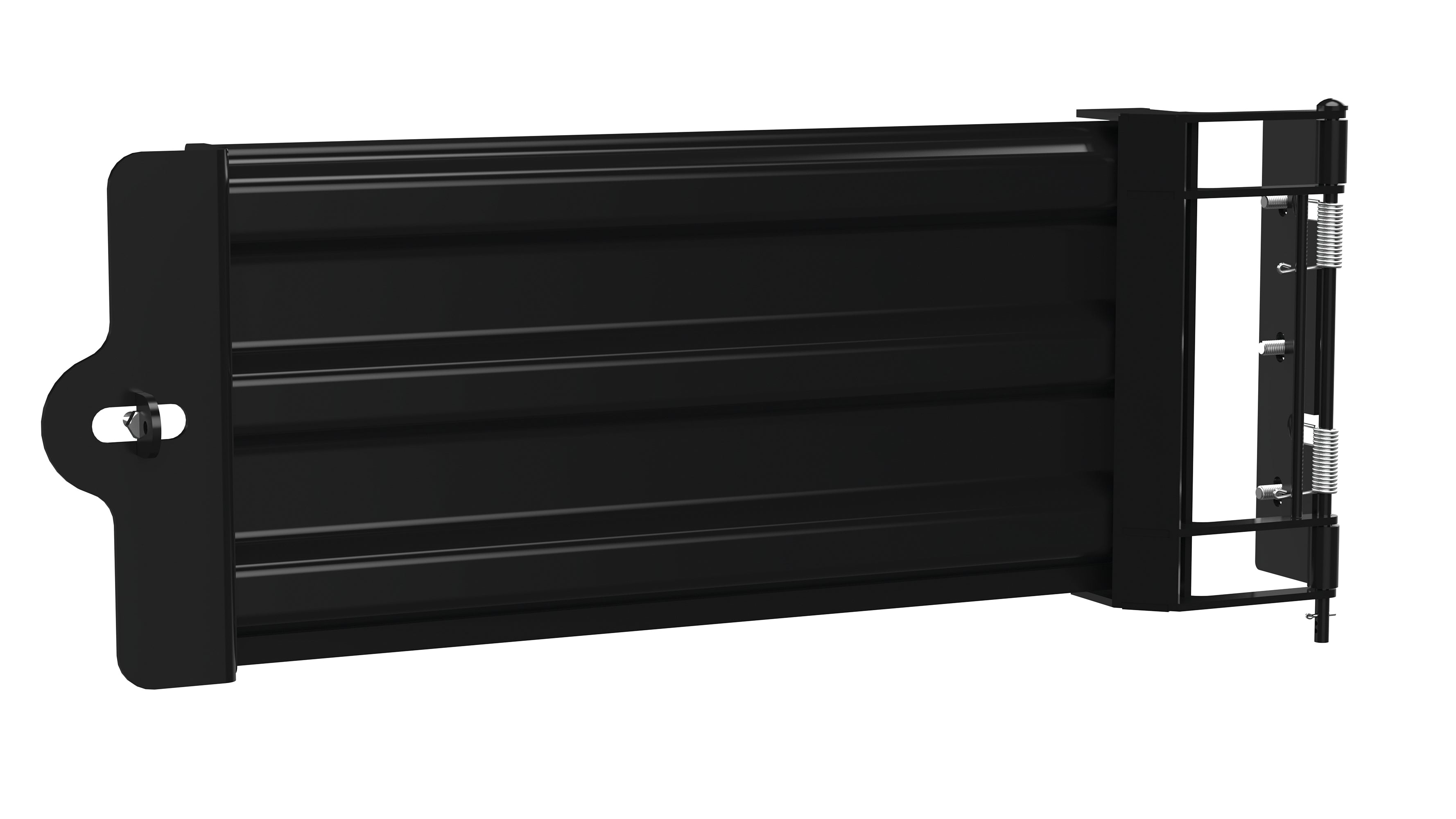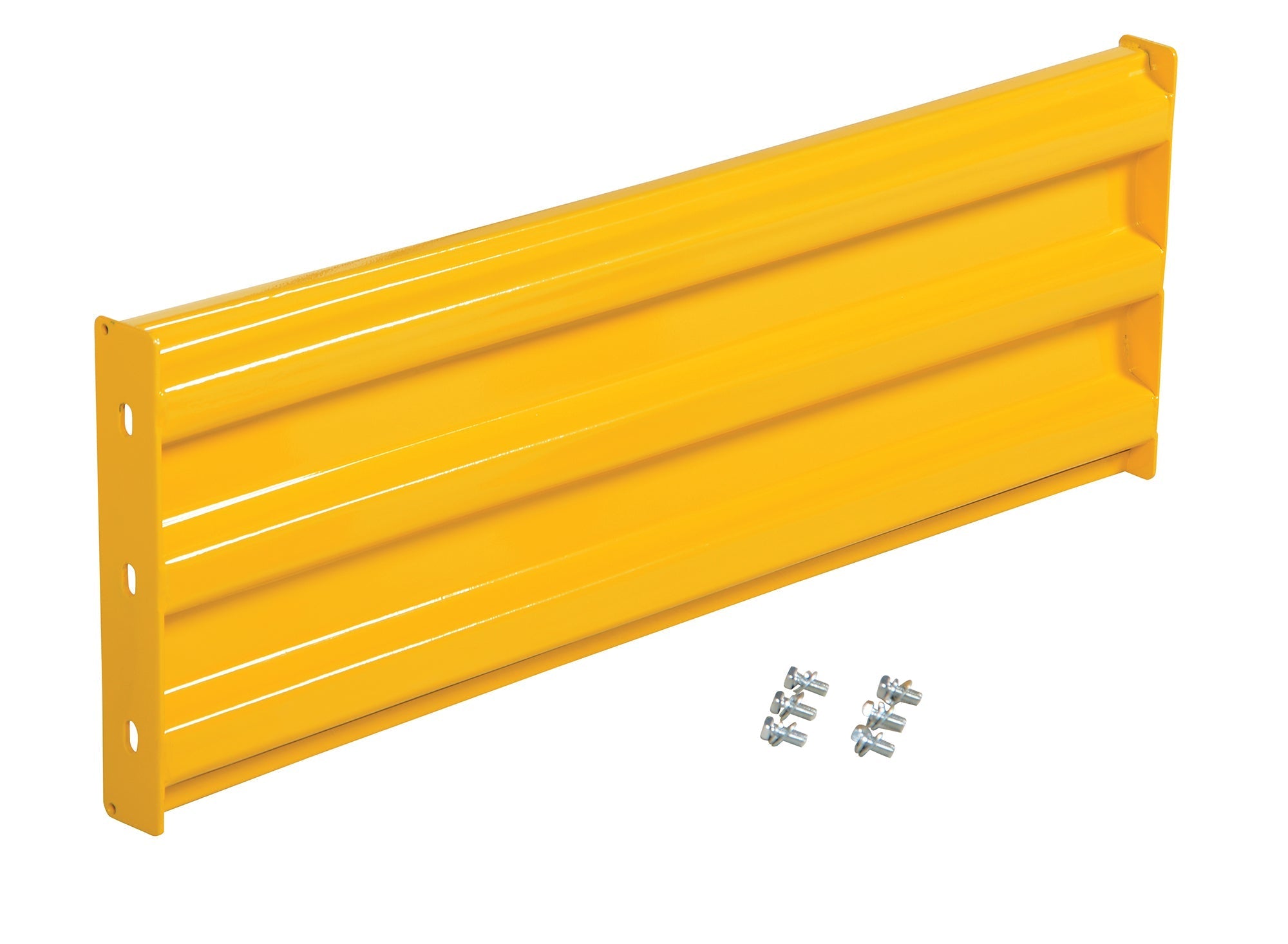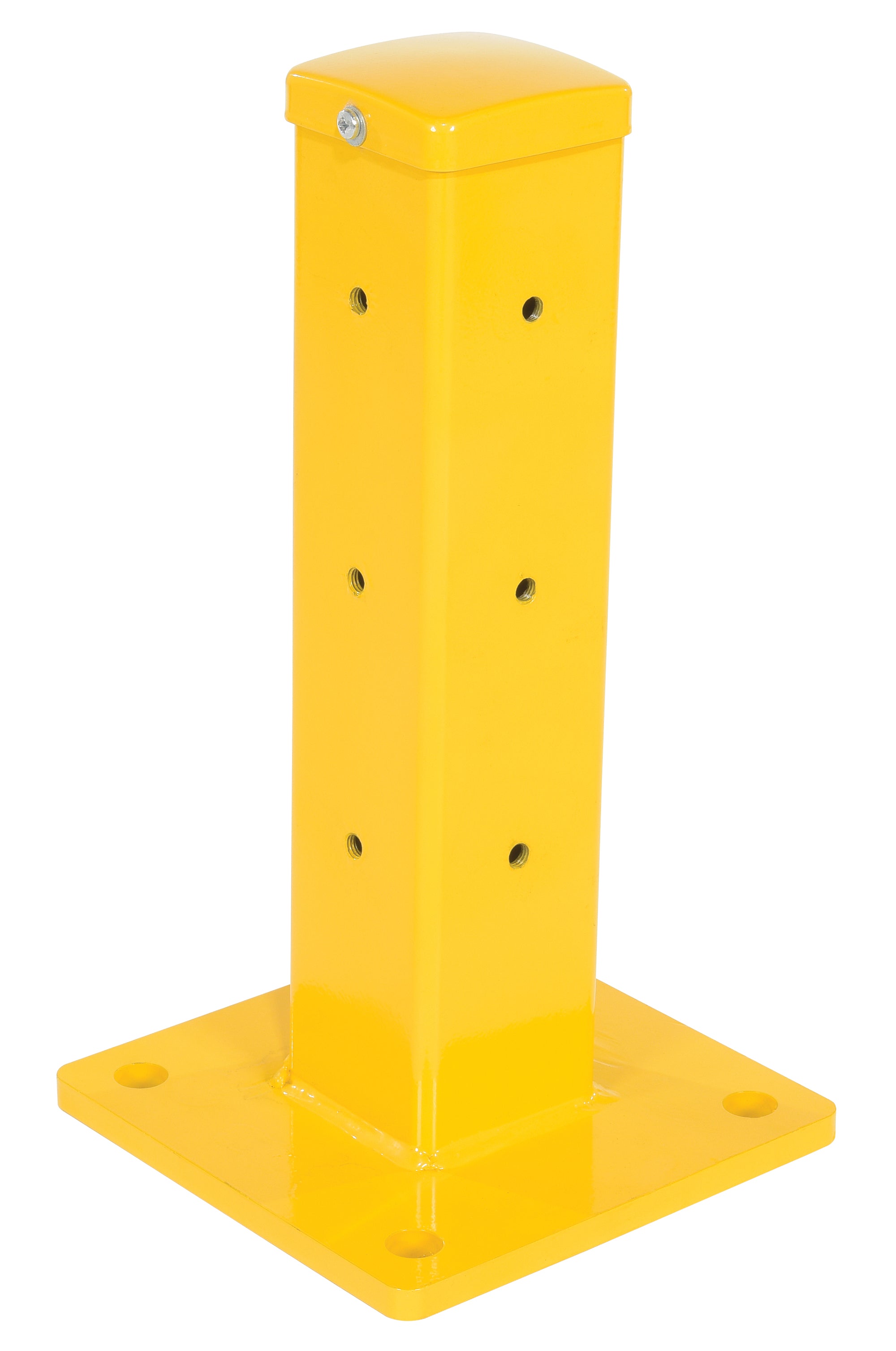Home / Facilities Maintenance / Protective Barriers / ... / Guard Rail Systems
Guard Rail Systems
(12 products)
Guard Rail Systems
(12 products)
Page 1 of 1
Results per page
Filter (0)
Vestil 3-Rib Bolt-On Structural Guard Rail Systems (Single Gate)
Contact Sales for Current Lead Times
Vestil 3-Rib Bolt-On Structural Guard Rail Systems (Double Gate)
Contact Sales for Current Lead Times
Vestil 2-Rib Bolt Together Structural Guard Rail Systems (Post)
Typically Ships In: 20 Days
Vestil 2-Rib Bolt Together Structural Guard Rail Systems (Rail)
Typically Ships In: 20 Days
Vestil Accessories For Drop-In Bracket Highway Guard Rail Systems
Typically Ships In: 2 Business Days
Vestil Accessories For Bolt Together Highway Guard Rail Systems
Typically Ships In: 2 Business Days
Page 1 of 1
Results per page
Guard railing systems are essential safety structures that have been designed for the protection of workers by providing barriers and traffic guidance in both industrial and public environments. These systems typically consist of horizontal railings supported by vertical posts that are strategically placed around a workspace to safeguard against falls, collisions, and many other hazards.
THE SELECTION PROCESS
When choosing the right Guard railing system, take into consideration the following:
- Material Selection: Choose only materials that suit the environment you operate in and an expected impact forces the railings may come across.
- Design & Placement: Install rail guards at all critical points where protection is necessary.
- Height & Strength: Ensure that you desired guard rail meets the height and strength requirements specified by the safety standards in your field.
- Regular Maintenance: Conduct regular maintenance to ensure excellent and safe condition is maintained.
BEST USES FOR GUARD RAILS
Fall Protection: Guard rails are essential for protecting people against falls from height. They can be installed along edges of platforms, rooftops, stairways, and loading docks to create a secure barrier that protects workers.
Vehicle & Machinery Protection: They can be utilized to protect machinery, equipment, and infrastructure from damage caused by vehicles and forklifts by creating a physical solid barrier around sensitive areas.
Traffic Management: Guard railing systems help to manage and direct traffic flow in warehouses, parking lots, and roadways, closing off unsafe areas.
Public Safety: Can help protect pedestrians from potential dangers such as steep drops and construction zones.
Compliance: Many regulatory standards and safety guidelines require the installation of guardrails in certain environments to meet compliance and avoid legal liabilities.

